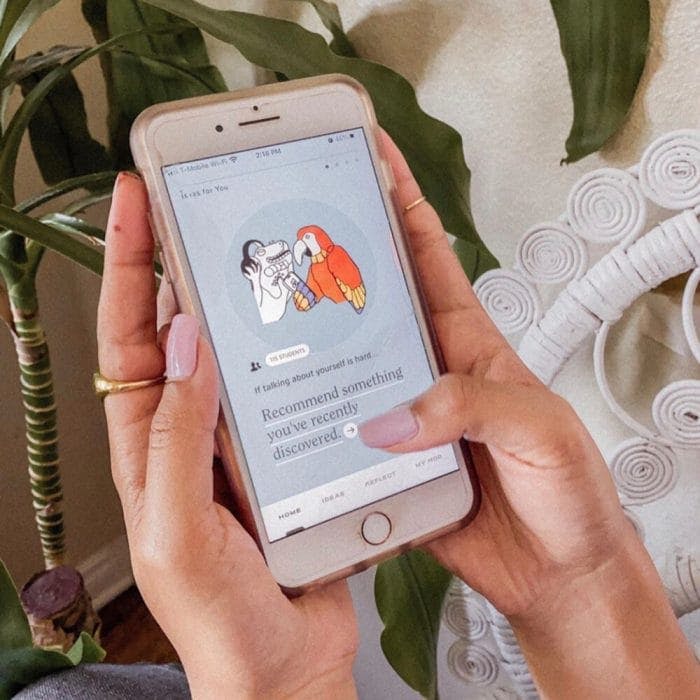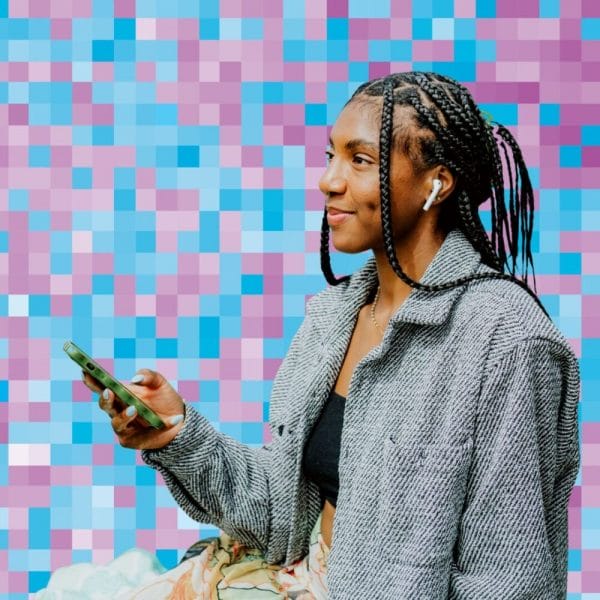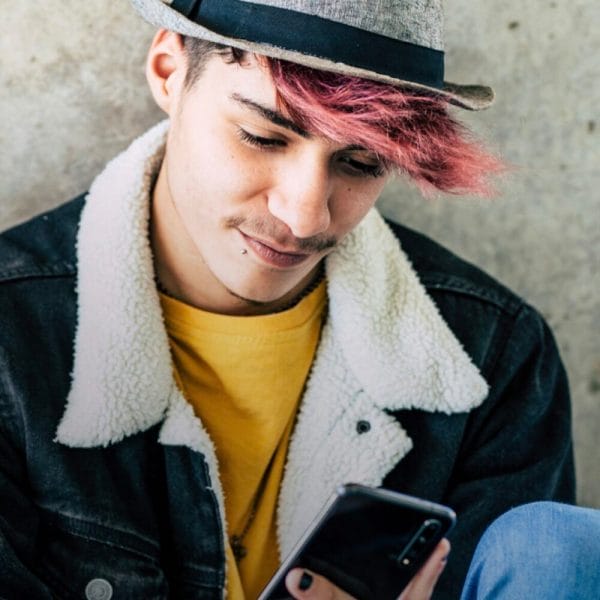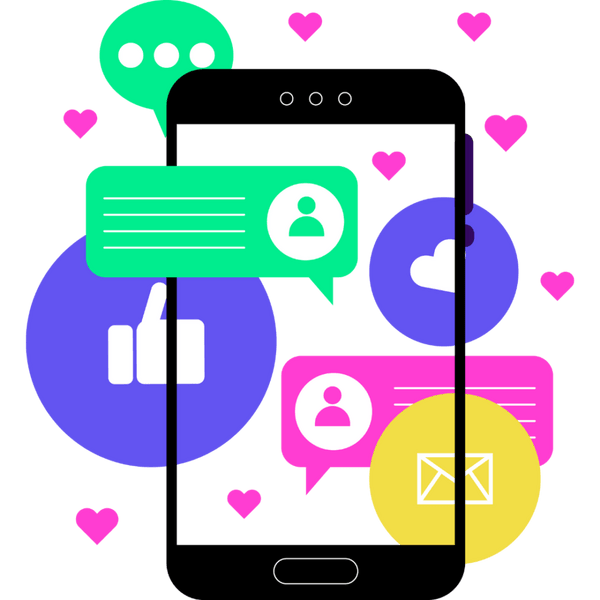Smartphone App to Address Loneliness Among College Students: Pilot Randomized Controlled Trial
Emma Bruehlman-Senecal, PhD; Cayce J Hook, PhD; Jennifer H Pfeifer, PhD; Caroline FitzGerald, MSc; Brittany Davis; Kevin L Delucchi, PhD; Jana Haritatos, PhD; Danielle E Ramo, PhD
Abstract
Background: Loneliness is a widespread and significant problem on college campuses. Prolonged loneliness in young adulthood is a risk factor for concurrent and future mental health problems and attrition, making college a critical time for support. Cognitive and behavioral interventions show promise for decreasing loneliness and can be widely disseminated through technology.
Objective: This pilot randomized controlled trial was conducted to examine the initial efficacy, feasibility, and desirability of a smartphone app, Nod, designed to deliver cognitive and behavioral skill-building exercises to reduce loneliness during the transition to college.
Methods: First-year college students (N=221, mean age 18.7 years, 59% female) were recruited online during incoming student orientation, and randomized to either receive immediate access to Nod (experimental group, n=100) or access after 4 weeks (control group, n=121). The app delivered skills via fully automated (1) “social challenges,” suggested activities designed to build social connections; (2) reflections, brief cognitive reframing exercises; and (3) student testimonials that encouraged a growth mindset toward social connection building. Main intention-to-treat analyses were used to compare the conditions on self-assessed loneliness, depressive symptoms, and other mental health and college adjustment outcomes at week 4, controlling for baseline values on those variables. Analyses were also performed to test the hypothesis that the treatment benefits would be particularly pronounced for participants with heightened psychological vulnerability at baseline (ie, higher baseline depressive symptoms and loneliness).
Results: Retention was 97% at week 4, and participants viewed an average 36.7 pages of app content. There were no significant condition differences in loneliness at week 4 (F1, 211=0.05, P=.82; ηp 2 <.001). However, there was a significant condition-by-baseline depression interaction to predict week-4 loneliness (F1,209=9.65, P=.002; ηp 2 =.04). Simple slope analyses indicated that baseline depression positively predicted week-4 loneliness among control participants (r=0.30, t209=3.81, P<.001), but not among experimental participants (r=–0.09, t209=–0.84, P=.40), suggesting that Nod buffered participants with high baseline depression scores from experiencing heightened midquarter loneliness. Similarly, there were no significant condition differences in other week-4 outcomes. However, moderation by baseline vulnerability was found for week-4 depressive symptoms, sleep quality, and indices of college adjustment (eg, perceived social support and campus belonging).
Conclusions: Although Nod exposure did not impact outcomes for the full sample, these results provide initial evidence of its benefit for vulnerable students. The results of this trial suggest that cognitive and behavioral skills delivered via a mobile app can buffer psychologically vulnerable college students against heightened loneliness and depressive symptoms, as well as other negative college adjustment outcomes. Future work will aim to improve upon app engagement, and to address loneliness among other key populations.
Read the full study in the Journal of Medical Internet Research Mental Health (JMH).




